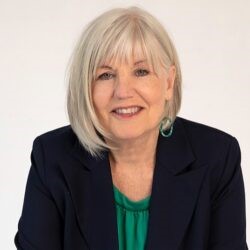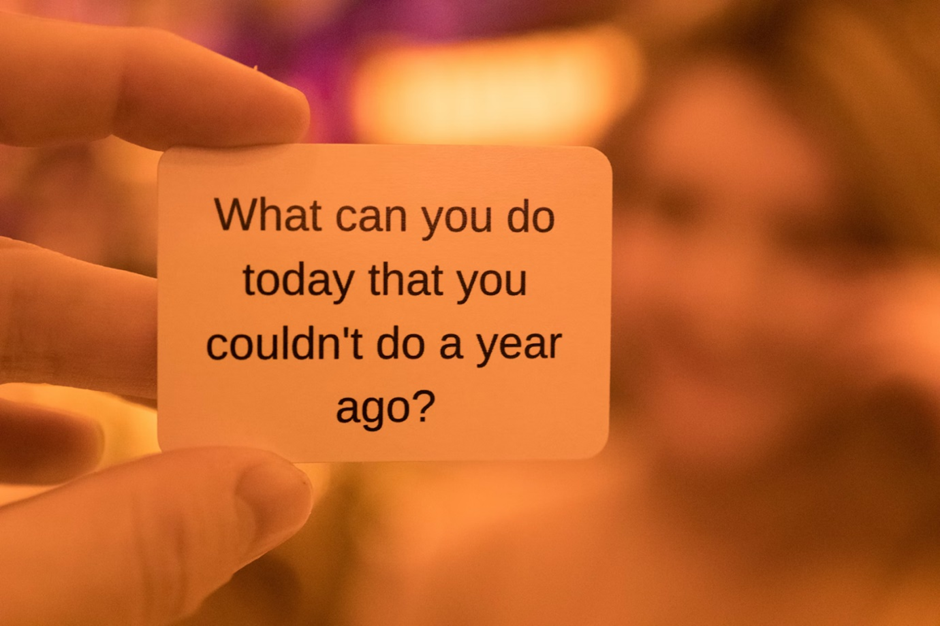How to Choose a Career Coach That Suits You

Career Coaching
Over the last few years, career coaching has gathered momentum but, career development theories have been around since the early twentieth century when Frank Parsons (an American Professor) created the first methodology of career guidance for young people.
Parson’s model involved studying an individual, looking at occupations, and matching them together. There is a plethora of other theories that developed after Parsons, all with their own perspectives but whatever theories you read about, there is no doubt that an initial investment in career coaching benefits job seekers and supports you through the job search process at any age.
If you haven’t worked with a career coach, you may not know how much more value you can gain other than a straightforward job search. A career coach works with you to define and determine realistic goals, work through solutions to challenges and develop action plans to work towards your desired outcome.
As well as helping you to push forward with your next job, working with a career coach will help build your self-confidence, become clear on your motivations and attitudes to ensure you are on the right career path. Great coaches will challenge you on your perspectives and beliefs and will ensure you take personal responsibility for your actions to meet your goals. As part of the work with your career expert, you will also experience growth and a reframe on some of the stories you have been telling yourself and have a clearer understanding of your transferable skills. Another added benefit of working with career coaches is that the growth may have ripple effects on your personal life, which is a bonus.


How to find a career coach
There is no doubt that personal recommendations are a good way to find a career coach but if you want to be certain that your career coach has the right qualifications and experience, there is also a professional association. The Career Development Association of Australia (CDAA) is a membership association of the Career Industry Council of Australia (CICA). CDAA has a professional membership database of career practitioners Australia-wide who are committed to professional standards and practices and committed to their own professional development as part of their membership.
CDAA members are recognised for their qualifications, experience, and professional standards and each state in Australia holds regular webinars and networking for members to stay current in their practices. You can do a search on their website at cdaa.org.au and scroll through member details and send an email enquiry. I would recommend you contact two or three practitioners and have an initial conversation to get a feel for who you are comfortable working with and who is best placed to help you with your particular career goals.
And let’s not forget google or other search engines, although the results can be a bit overwhelming! While writing this I googled Career Coach Sydney and got about 32,000,000 results so you can end up going down a rabbit hole with two hours going by before you have realised it! Another place to look is on LinkedIn. You will find that there are several different titles ranging from executive coach, career coach, career & life coach, specialist career coach, and career counsellor plus a variety of other titles but don’t be put off by what they call themselves. Focus on what they are saying and whether that resonates with you.


How to find the right career coach for you
Often when people approach a career coach, they may not know exactly what outcome they are looking for. They know they are frustrated with where they currently are, or they may feel they are not using their potential or being overlooked, and this is where coaching is the most helpful. Career experts know the right questions to ask you to help sort through the issues and define career goals to help you make the right career choices.
Just as when shopping sometimes there seems to be a million choices of milk, bread, coffee, and other items, when we search for a career coach, the choices are endless. Don’t let that put you off. If you select a person that you feel comfortable with and who has the right qualifications and experience you can’t make the wrong choice. Most coaches will have an exploration phone call with you to determine what your goals are, and you can use this opportunity to ask any questions and see whether you have a connection with them.


What questions should I ask?
In your discovery call, you will find that to start with the coach will ask all the questions and you will do most of the talking. However, at the appropriate time, don’t be afraid to ask questions of your own. If not already answered, these could include, how can you help me? What are the benefits of working with you? Have you worked with others that have the same issues? What is your success rate? Or, you may have other questions, either way, it is so important to ensure that you feel comfortable with the person and that there is going to be mutual trust and respect.
I always tell my clients that if I say something they don’t agree with, they need to tell me, and we can discuss it further. We don’t have to agree on everything, but mutual understanding is very important to get the right outcomes for you. Once you are clear about who you want to select, make sure you receive clear terms and conditions in writing so that you understand what you are signing up for.


Work-life balance
I prefer to call this work-life integration as a more realistic term for how we want to live our lives. In the ’70s, Sunny Hansen was considered a pioneer and innovator in counselling and career development. She described career development as a ‘continuous lifelong process of developmental experiences that focuses on seeking, obtaining, and processing information about self, occupational and educational alternatives, lifestyles and role options’ (Hansen, 1976). Hansen was an advocate of holistic life planning and balancing life roles. Sometimes when we are stuck in a cycle of a responsible role with a good salary, we can lose track of our personal lives, and if nothing else, COVID has taught us that there are other ways to live and other things more important than work.
If you are looking to make structural changes to the way you work, any structured career development is beneficial for your career. You will hear me say many times that people spend more time planning their holiday than their career, but we spend most of our lives at work and it doesn’t make sense that we don’t give our career the attention it deserves.
Finally, if you have any unanswered questions or wish to consider us working together, do get in touch. I don’t promise we can find your dream job, but unless you give it a go, you won’t know.








